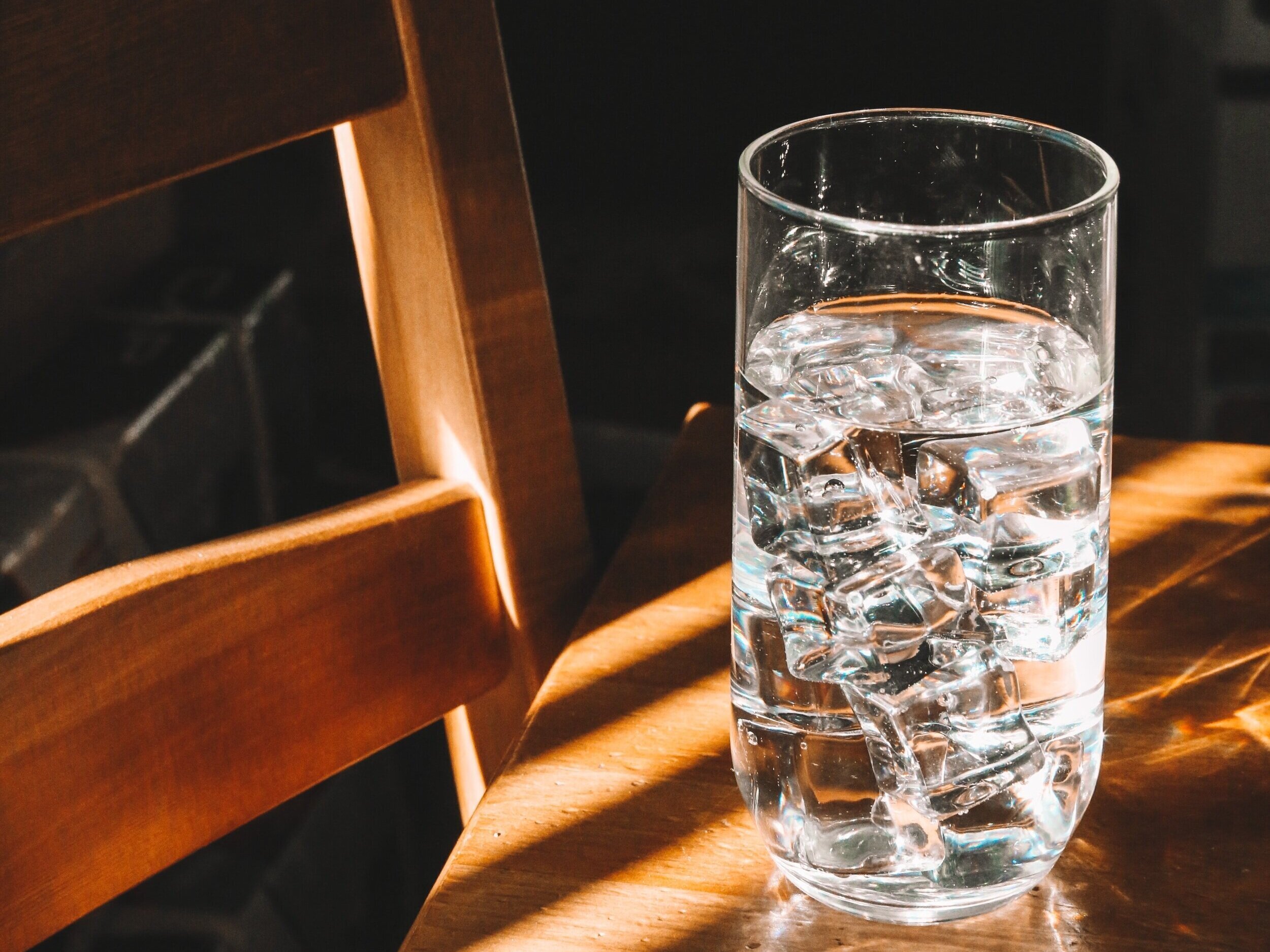Why Sound Medicine is the Healing Tool You Didn’t Know You Needed with Dr. Kulreet Chaudhary
I say this all the time, but Ayurveda is a vast body of knowledge and there is so much to learn. While I’m familiar with mantras from my childhood practicing Ayurveda and my studies as an adult, I was excited to learn from Dr. Kulreet Chaudhary, a neurologist and lifelong practitioner of Ayurveda who specializes in the science of sound. We had a great conversation about how Western medicine already uses sound and how we can connect ancient wisdom with modern science for healing.
Sound healing isn’t just a mystical idea—it’s medical science.
Dr. Chaudhary and I laughed when she mentioned a common use of sound in Western medicine–ultrasounds. It’s actually there in the word itself. We can’t hear this use of vibrations but it’s still sound.
And ultrasounds aren’t the only example. Lithotripsy is a treatment for kidney stones that uses ultrasonic energy to break a stone into smaller pieces to pass more easily through the urinary tract. Our cells are designed to receive sound waves with the assistance of primary cilia. We’re wired for sound
Your unconscious mind is influenced by sound all the time.
We curate sounds to create experiences all the time. Filmmakers use music to facilitate our emotions–whether it's a sense of dread in a suspenseful horror movie or a feeling of triumph when the superhero saves the day. Advertisers are experts in sound bytes to influence our feelings to influence an outcome. Even restaurants play the game, using music to create a vibe that matches their aesthetic.
Music therapy is another use of sound, particularly as a treatment tool for patients with dementia and traumatic brain injuries. Where medicine often fails, a song from someone’s childhood can bring surprising clarity.
Ancient Ayurvedic practitioners were experts in using sound for healing.
When I asked Dr. Chaudhary about how sound was traditionally used in Ayurveda, she said that it was difficult to make an exhaustive list. She said, “ it was in everything that you could imagine in life.” Sounds were used in agriculture, in battle, in medicine, and in food preparation. It’s like listing all the ways we use electricity today–it’s hard to find an area of life untouched by it.
For example, people would recite mantras over the seeds of herbs as they were planted. They chanted the same sounds while tending, picking, and processing those herbs. When a patient received medicine from those herbs, they spoke the same mantras. All of this activated the fullest healing potential of these herbs.
According to Dr. Chaudhary, there are more and more studies examining how our bodies communicate at a cellular level through fields of sound waves. Sound waves aren’t always heard but create a field of energy that interacts with other frequencies and the energy of our bodies.
How you can use sound healing in your own life.
Speak kindly to yourself. Pay attention to the words you use to describe yourself and make a conscious effort to be kind to yourself.
Create a sound environment. Add music to your daily life, creating an atmosphere for each part of your day–whether it’s working, cooking, or winding down.
Add a chakra mantra to your daily routine. Dr. Chaudhary shared a mantra on the podcast [around 51:40]. You can access a PDF version of the mantra in the Healing Catalyst Collective.*
* Join the Healing Catalyst Collective for free to access exclusive resources from me and guests on the show. When you join, you can access all past resources.
Thank you for reading! If you liked this post, you might also enjoy:
Be well,
Avanti Kumar-Singh, MD






























